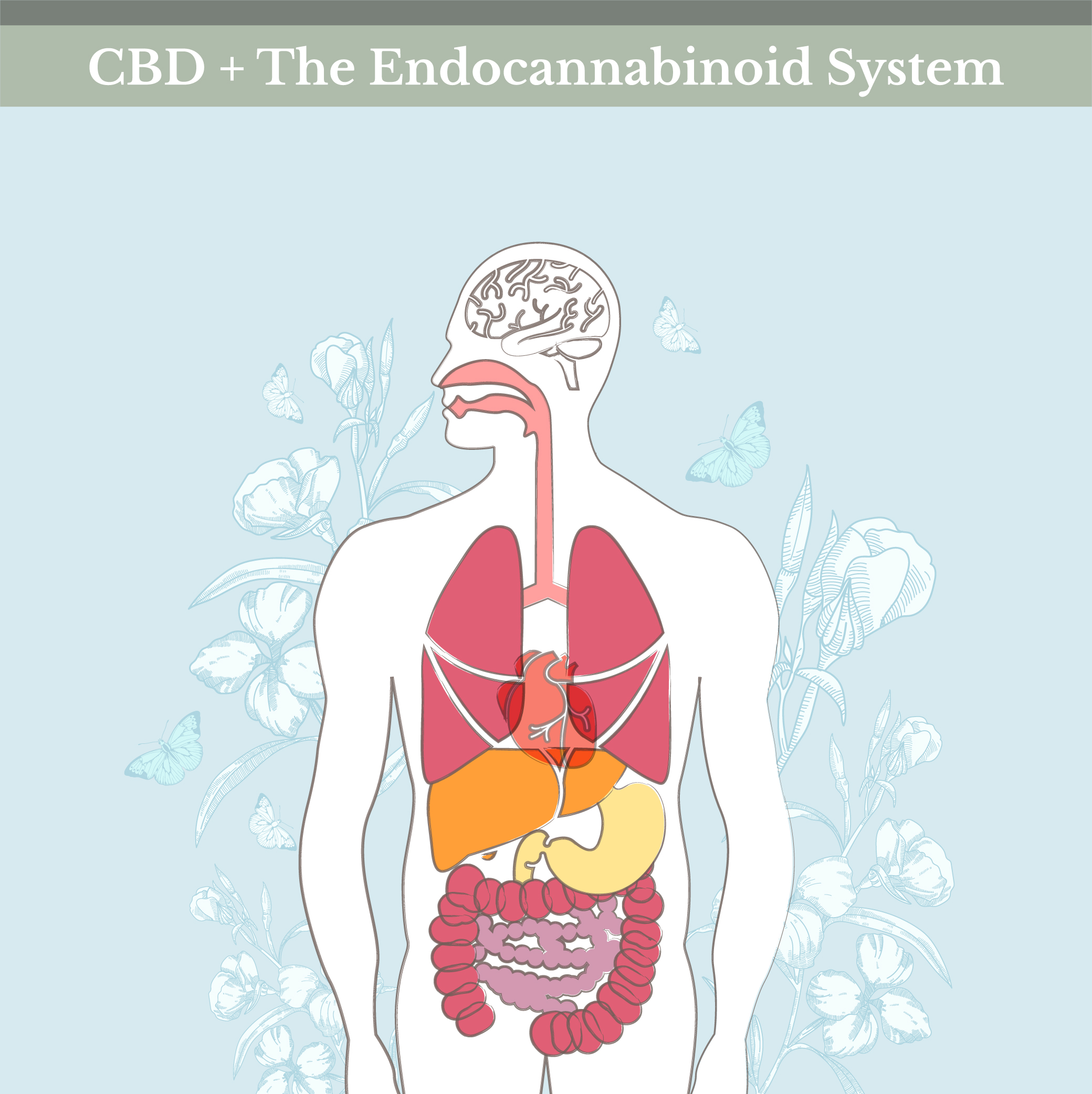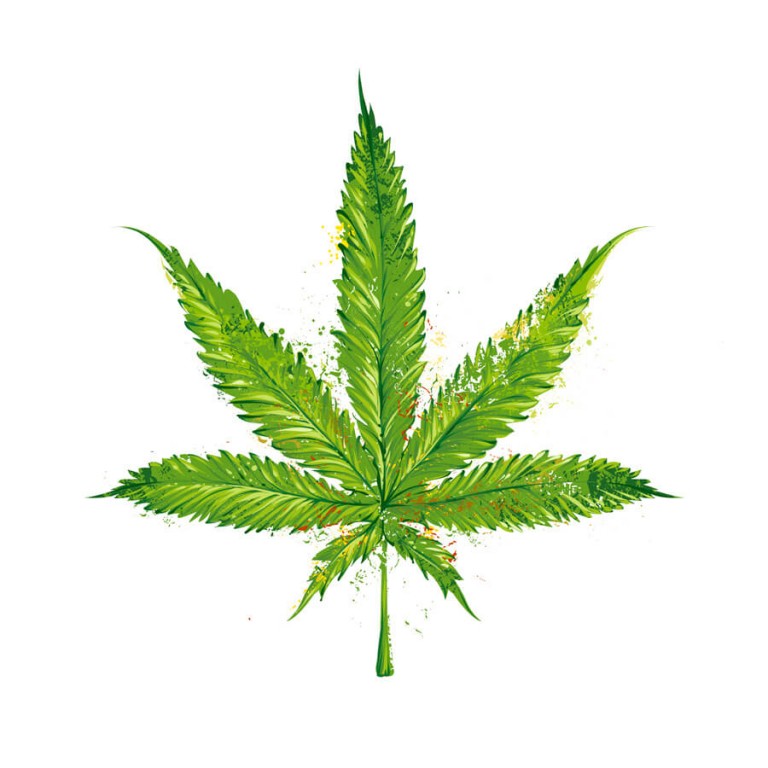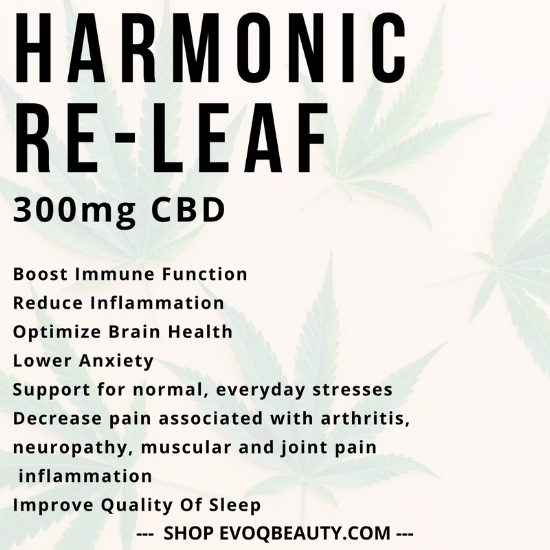On the ongoing journey of being obsessed with CBD (cannabidiol) and how to assure the most bioavailable formulas for our customers, I discovered the recent up-roar around Molecular hydrogen (H₂).
Follow the fun and H2 education on the GRAM & WATCH the youtube video to this article below!
“What is so novel about HYDROGEN?” Let’s dive in and discover this unique molecular structure.
Simply put, molecular hydrogen acts as a powerful antioxidant.
Consider hydrogen molecules as the nice police force, helping us fight free radicals as we go about our day.
IN DEPTH
Molecular hydrogen (H₂) is the ultimate antioxidant. H₂ is known to eliminate only the most harmful free radicals, and may reduce oxidative stress to better help put our body in balance.
H2 gas is the smallest neutrally charged molecule on earth, giving it free range to instantly cross your cell membranes and the blood-brain barrier, and possibly further allowing it to access DNA and mitochondria within the cell where it has protective action.
The Free Radical Theory of Aging
The Free Radical Theory of Aging holds that the damage free radicals do to our cells, particularly the oxidative stress that free radicals cause, is what causes our bodies to age.
How H₂ Works
Size
Molecular hydrogen is the smallest molecule and the only antioxidant that can access the mitochondria and cell nucleus under certain conditions. Unlike most larger antioxidants, H₂ instantly passes through the cell membrane that may allow immediate benefits.
Non Toxic & 100% Safe
Molecular hydrogens byproduct is water, therefore you cannot overdose nor store in adipose (fatty) tissue.
Homeostasis
H₂ supports the body’s ability to maintain a condition of balance by neutralizing harmful free radicals while also boosting your own internal antioxidant system. This keeps oxidative stress low, supports homeostasis and decreases chance of disharmony.
Can we consume TOO MUCH antioxidant content?
YES, and of certain kinds. There’s been studies that correlate TOO MUCH of a consumption of antioxidants can desensitize the bodies innate defence system. It’s much like the Omega studies that reveal our nation is over-consuming Omega 6 in comparison to omega 3, in which increases inflammation.
Selectivity
H₂ target the harmful free radicals without affecting useful free radicals that sustain inner homeostasis. The concern is that we’re “over doing antioxidants common known as Vitamin A, C, E, folic acid, etc),” which can diminish the good free radicals that the body needs. H₂ does not.
So as you go on and take your supplements, eat more berries, drink tea, or a glass of wine each night with the idea you intake all the antioxidants you need ….. please STOP and read because there’s a NEW SHERIFF is in town - and now found at Beauty Ecology.
A Free Radical Recap
Free radicals are uncharged or unstable molecules, which make them highly reactive and extremely likely that they’ll pull apart pieces of other molecules to gain stability. In their search for stability, they can damage your body.
H₂ to the Rescue!
So, why am I hooked? When a close Functional Medicine friend of mine threw H2 at me, my eyebrows raised. I was initially skeptical because hydrogen is so abundant, why had we not realized the power of this element before?
With over 1000 clinical studies (for cripes sake), it’s CLEAR this powerful molecule may have potential to contribute to multiple forms of symptoms such as:
*ridding oxidative stress, *better metabolism, *combating brain inflammation, *exercise recovery, *increased energy, *gut healing, *skin clarity, *anti-cancer and more.
THE 15 GAME CHANGING BENEFITS OF MOLECULAR HYDROGEN
Pretty amazing, right?
Stick around and learn more about how these drops of effervescence may be the single, easiest way to introduce a hydrating “well of youth” to improve our inner health and outer beauty.
Take the Free Radical Aging Theory facts and do something about it today.
Resources:
https://www.ncbi.nlm.nih.gov/pubmed/11510417
https://www.ncbi.nlm.nih.gov/pubmed/23031079
https://www.ncbi.nlm.nih.gov/pubmed/26866650
https://www.ncbi.nlm.nih.gov/pubmed/22520831
https://www.ncbi.nlm.nih.gov/pubmed/24392771
https://www.ncbi.nlm.nih.gov/pubmed/21512236
https://www.ncbi.nlm.nih.gov/pmc/articles/PMC4865993/
https://www.ncbi.nlm.nih.gov/pubmed/21293445 https://www.nature.com/articles/nm1577
https://www.ncbi.nlm.nih.gov/pubmed/26276082




































